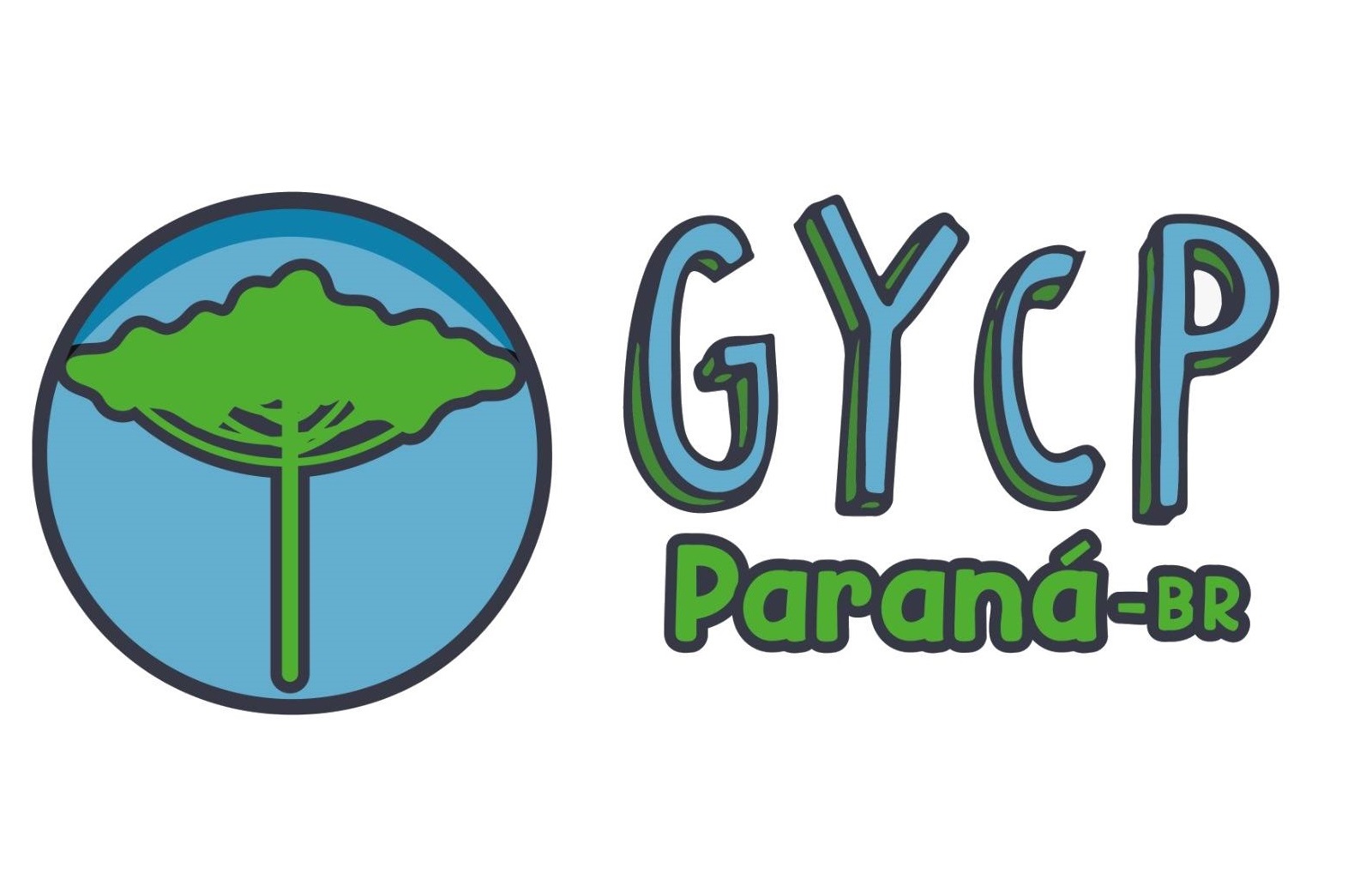
The Teaching, Research, and Extension Integration Project, PIEPEx, aims primarily to encourage youth protagonism in addressing the Climate Emergency, based on their context and life experiences. The main objectives are: a) to understand how young people perceive the Climate Emergency and its consequences, particularly in increasing disaster risks; b) to provide theoretical and methodological support to young people regarding the impacts of climate change on local hydrological dynamics; c) to assist young people in developing strategies to mitigate risks; and d) to promote youth participation in scientific events related to the theme and in scientific productions.
Development period: 2023 – 2025
Mapping and Assessment of Flood Risk
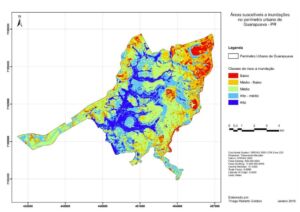
The objective of this project is to develop a methodology for territorial planning that considers the risk of disasters associated with flooding, for small and medium-sized cities with a lack of hydrological data, based on the identification and analysis of hydrological characteristics that generate flooding events.
Development period: 2022 – 2026
Stemflow and Epiphytes in the Forest Interception Process
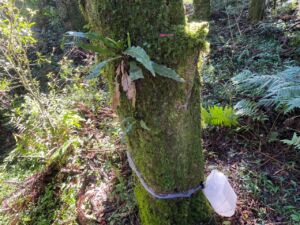
The objective of this study is to investigate the role of epiphytes in the microhydrological cycle in Mixed Ombrophilous Forest, aiming to provide an assessment of direct interception rates by epiphytes from different tree species that generate stemflow, and to provide evidence that epiphytic architecture can influence specific traits in species, as well as the distribution of water in the soil and the flow of nutrients derived from stemflow.
Development period: 2021 – 2025
Hydrogeomorphological Study of Rocky Fluvial Confluences with Different Junction Angles
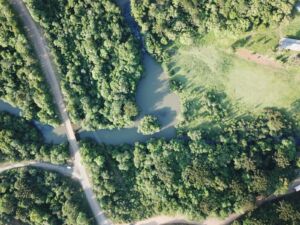
The objective is to investigate the morphology and sediment distribution in the riverbeds of rocky fluvial confluences with different junction angles. To this end, field data are being collected, including morphology (width, slope, depth), geology (bedrock lithotypes), and sediment (bed sediment samples), as well as the use of an unmanned aerial vehicle (UAV) for photographic documentation of the confluence areas.
Development period: 2021 – 2025
Study of Water Quality and Macroinvertebrate Distribution in Fluvial Confluences Across Different Land Use Types
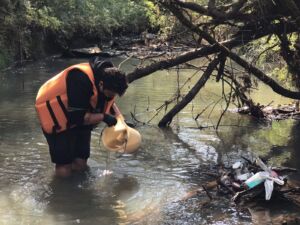
The objective of this project is to evaluate the presence and structure of benthic macroinvertebrate communities in fluvial confluences as a function of land use and occupation and fluvial dynamics.
Development period: 2022 – 2024
Monitoring and Hydrosedimentological Modeling of the Cascavel River Basin, Central-South Region of Paraná
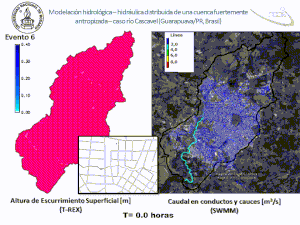
The general objective of this study was to monitor and model the hydrological and hydrosedimentological dynamics in the Cascavel River basin, Guarapuava, in the Central-South region of Paraná State, to support practical actions through public policies aimed at preventing and mitigating socio-environmental issues. The hydrological models TOPMODEL (TOPography-based hydrological MODEL) and TREX (Two-dimensional Runoff, Erosion, and eXport model) will be calibrated and validated for rainfall events in the Cascavel watershed.
Development period: 2013 – 2020